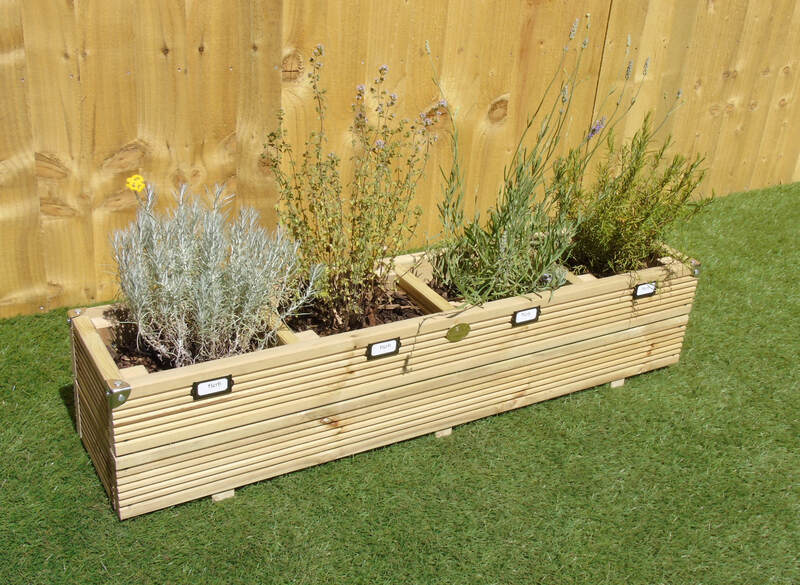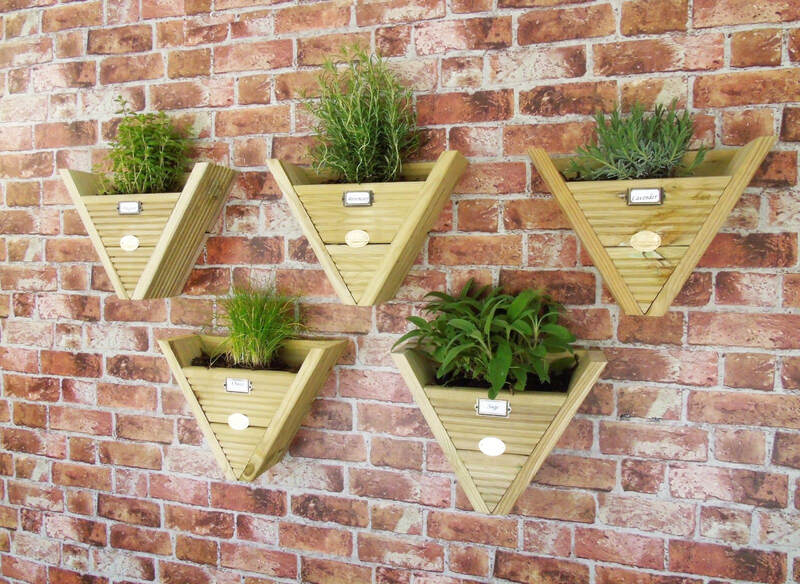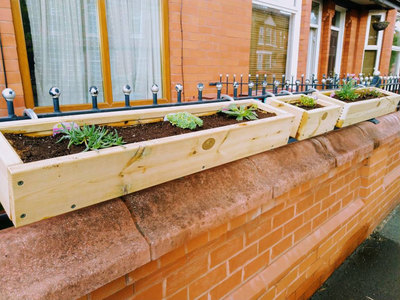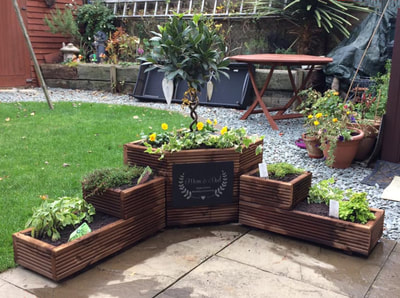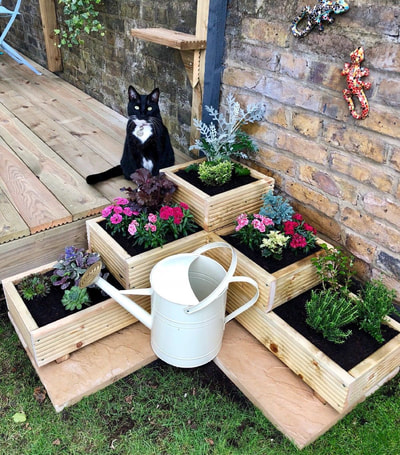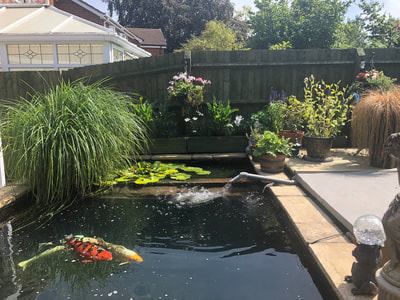|
Planter boxes are becoming increasingly popular in today's homes, both for their beauty and versatility. Planter boxes enable budding green thumbs to grow plants in even the tiniest of areas: small backyards, apartment balconies, or even an indoor herb garden.
It's a personal choice to pick what to put in your planter box. The environment you live in and your own individual requirements and preferences will influence this decision. Our recommendations for the most significant plants to grow in planter boxes based on beauty, usefulness, and sustainability are as follows. Herbs Herbs are one of the most practical plants to cultivate in your planter box. Herbs are low-maintenance and straightforward to pick, not to mention inexpensive to grow. It's also a good idea to put perennial spices and annual herbs in separate planter boxes so you can customize their growth conditions for each group. Annual Herbs Annual herbs have a year duration of life. Depending on the site, these plants will need to be reseeded after one year (or season, depending on location). Coriander, parsley, basil, dill, and chives are all annual herbs; they may be grown together in the same planter box. Annual herbs are somewhat more demanding to maintain than perennial herbs since they need room for growth, sunshine, and moisture, although they can still flourish. Perennial Herbs Annual herbs, on the other hand, must be planted multiple times. Mint, lemongrass, rosemary, thyme, sage, and oregano are some of our perennial herb suggestions for a planter box. These plants need light to enhance their oils, but they are low-maintenance in other areas. Perennial herbs do not require much water or fertilizer to thrive. Because they're so low-maintenance, you may put your planter boxes indoors or outdoors. If you want to grow perennial herbs in your planter box, ensure it's exposed to sunshine throughout the day (for example, near a window or on a terrace with natural light). Fiddle Lead Fig The popular Ficus Lyrata plant, sister to popular house plants such as Tineke and Altissima, is a tall, green, and leafy indoor or outdoor specimen. This plant thrives in direct sunlight and is an excellent addition to your workstation if you want to add some life to it. The Ficus Lyrata is known as the "it" plant in the design of its primary visual appeal. If not trimmed, this plant can grow up to three meters tall and become a stunning focal point in the house. The Ficus Lyrata is challenging to keep alive, but it is a challenging and low-maintenance plant when kept in a planter box. It's a tropical plant, so it'll need to be watered frequently to simulate the humid conditions of the tropics (make sure you also have a well-draining planter box!), but otherwise, it won't require much care. Clivias Clivia flowers are lovely and vibrant, making them fantastic for planter boxes. Clivias are ideally suited to unpredictable environments because of their adaptability. The flowers of the Clivia plant have gorgeous orange/red hues, so they'll brighten your area considerably. Clivia is low-maintenance and thrives in the shade, making them ideal for bringing life to your balcony, covered patio space, or any dark location that isn't presently utilized. In the summer, watering clivias only a few times a week is sufficient; give it some water once you notice the dirt becoming dry. The clivia plant is popular in gardens because of its low-maintenance nature. Vegetables Another excellent and valuable alternative to growing in your planter box is vegetables. Growing veggies can help you save money on groceries and are an efficient plant to cultivate, just like herbs. Furthermore, we all know that dinner tastes much better when made with fresh produce from the garden than those transported hundreds of miles. It's also a lot more fiscally responsible. The easiest vegetables to cultivate are leafy greens, which tend to be the most forgiving. Spinach, lettuce, silverbeet, and bok choy are excellent planter box choices since they thrive in limited spaces and may grow all year. Most planter boxes can certainly grow more robust vegetables. The drawback with this is that you must determine when to plant them because most vegetables are dependent on the season. Article written by Olivia Johnson at https://plantscraze.com There's loads of information on gardening and plants.
0 Comments
Leave a Reply. |
Archives
January 2024
Categories
All
Garden PlantersFencing Supplies |
|
© 2020 Woodshed Ltd. All Rights Reserved.
|
ContactTel: 01296 720948 Email: [email protected]
|
|


